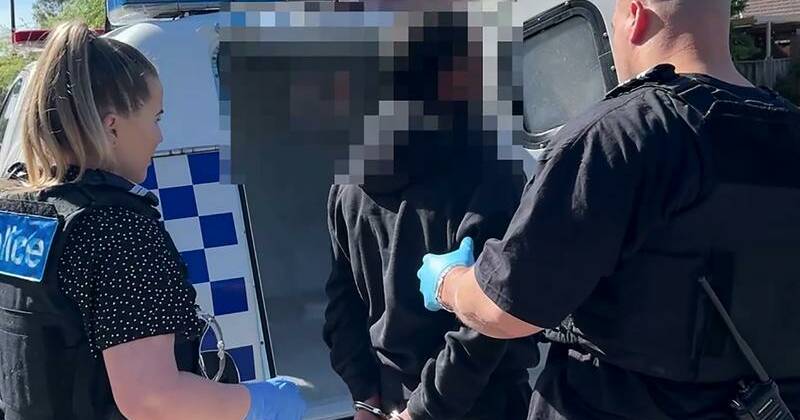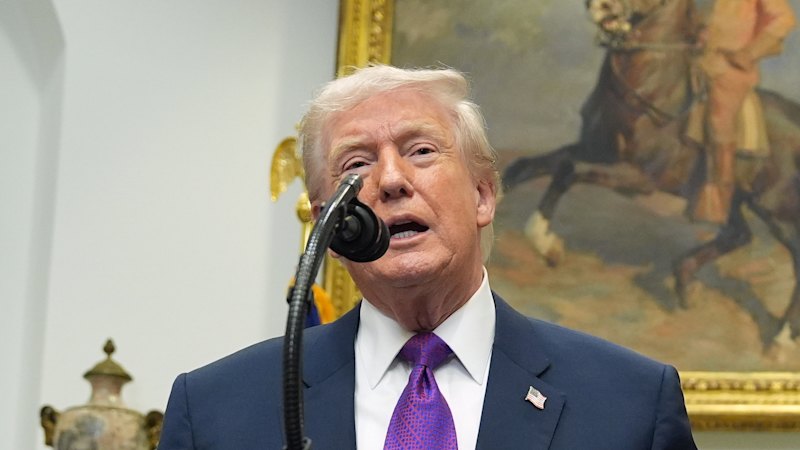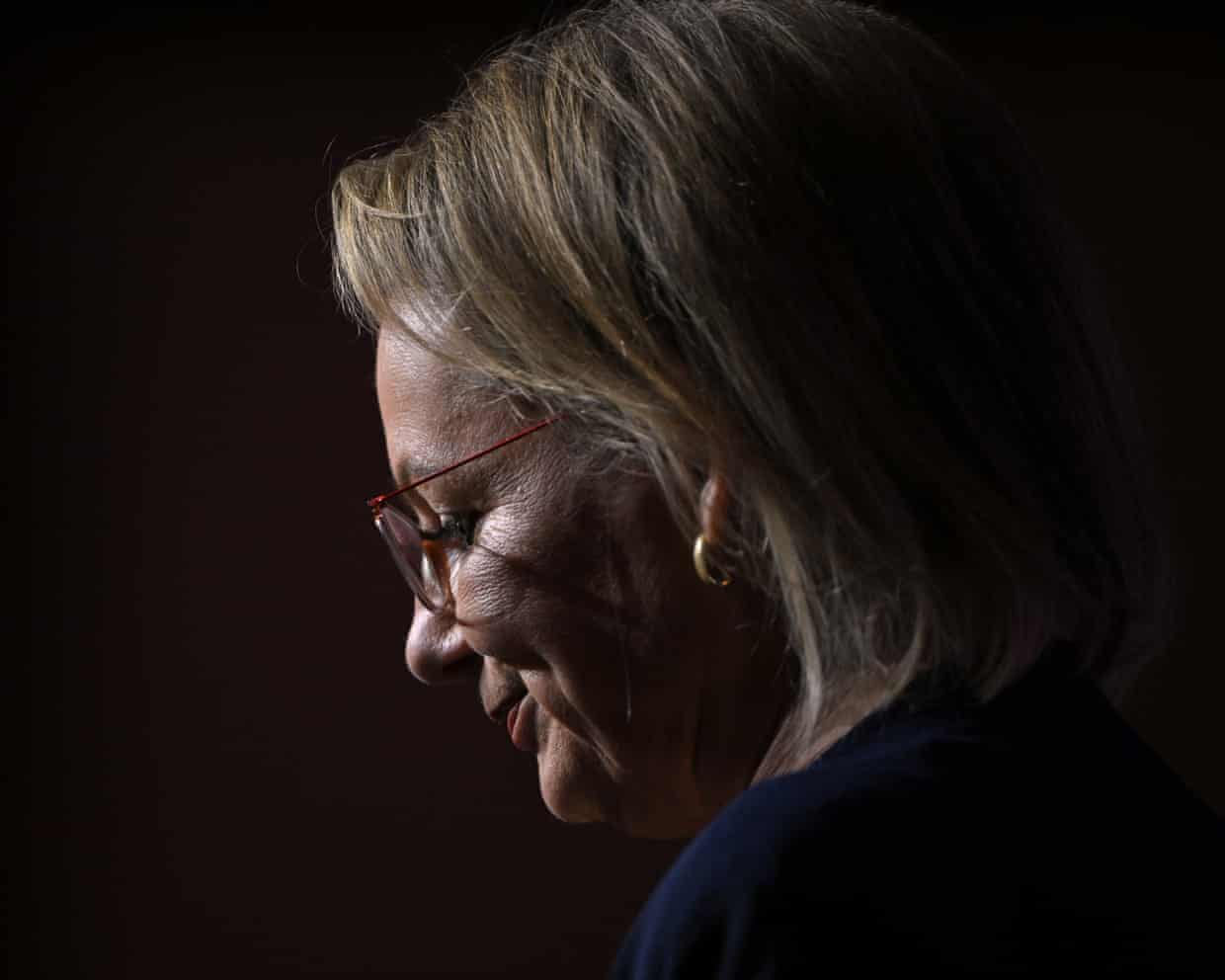
UPDATE: In a groundbreaking move, the Victorian government has just announced that adults who recruit children into violent gangs could face life sentences. This urgent reform aims to combat the alarming trend of organized crime exploiting youth for violent offenses.
Under the new legislation, maximum penalties for recruiting a child to engage in violent crimes will increase from 10 years to 15 years. More severe offenses, such as aggravated home invasions and carjackings, will result in life imprisonment for those found guilty. Premier Jacinta Allan declared, “If you turn a child to a life of violence, you should spend your life in jail.” This statement underscores the government’s commitment to tackling “evil adult puppet-masters” manipulating vulnerable children.
This announcement follows growing concerns over the recruitment of minors by traditional gangs, outlaw motorcycle clubs, and even transnational crime organizations. The Australian Criminal Intelligence Commission highlights the use of technology to lure children into “Airtasker-style” schemes for violent crimes, marking a disturbing evolution in gang recruitment tactics.
The proposed legislation will be introduced to Parliament by the end of 2025 and will affect children aged 14 and over. These young offenders will no longer be tried in children’s courts but will face the County Court instead, raising the stakes significantly for juvenile offenders.
Critics, including former NSW children’s court magistrate David Heilpern, argue that increasing prison time for young offenders does not equate to enhanced community safety. He stated, “The government is responding to pressure… in a way that has no evidential base.” This sentiment resonates with many who believe that rehabilitation, rather than incarceration, is essential for preventing reoffending.
The proposed changes have sparked fierce debate. Independent senator Lidia Thorpe claimed that the government’s focus is more about political maneuvering ahead of the November 2026 election than genuine public safety. She urged federal ministers to impose funding penalties on states failing to meet Closing the Gap targets, emphasizing the need for a compassionate approach to youth justice.
The police union has welcomed the government’s shift in policy, while Victims of Crime Commissioner Elizabeth Langdon emphasized the importance of ensuring that reforms prioritize victims’ rights. As discussions unfold, the community remains divided over the effectiveness and morality of these proposed measures.
As the Victorian government gears up for this significant legislative change, the focus remains on the immediate impact on youth crime and community safety. The urgency of these developments calls for public attention, as the implications of these laws are set to reshape the landscape of youth justice in the state.
Stay tuned for further updates as this issue develops.





